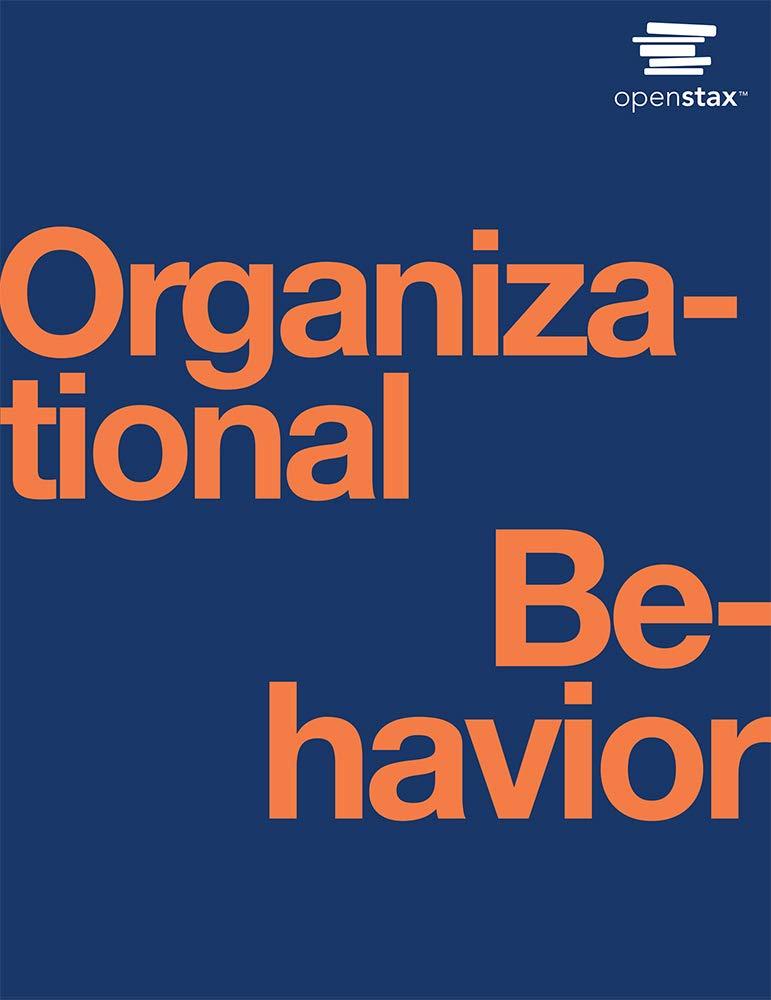Even as a young girl growing up in Paris, Apollonia always knew what she wanted to do
Question:
Even as a young girl growing up in Paris, Apollonia always knew what she wanted to do when she grew up: take over the family business. But she didn’t anticipate how quickly this would happen. When her father, Lionel Poilâne, and mother died in a helicopter crash in 2002, France lost its most celebrated baker, and Apollonia stepped into the role. She was just 18 years old at the time with plans to matriculate to Harvard in the fall, but the moment her parents had prepared her for had come. As her Harvard admissions essay said, “The work of several generations is at stake.”
With organization and determination, Apollonia managed one of the best French bakeries in the world, based in Paris—from her apartment in Cambridge, Massachusetts. She would usually wake up an extra two hours before classes to make sure she could make all the phone calls for work. “After classes I check on any business regarding the company and then do my homework,” she says. “Before I go to bed I call my production manager in Paris to check the quality of the bread.” Because the name Poilâne has earned a place with a very small group of prestige bakers, the 18-year-old was determined to continue the tradition of customer satisfaction and quality her grandfather established in 1932. When her grandfather suffered a stroke in 1973, his 28-year-old son, Lionel, poured his heart into the business and made the family bread into the global brand it is today. Lionel opened two more bakeries in Paris and another in London. He developed and nurtured a worldwide network of retailers and celebrities where bread is shipped daily via FedEx to upscale restaurants and wealthy clients around the world. Experimenting with sourdough is what distinguished Poilâne’s products from bread produced by Paris’s other bakers, and it has remained the company’s signature product. It is baked with a “P” carved into the crust, a throwback to the days when the use of communal ovens forced bakers to identify their loaves, and it also ensures that the loaf doesn’t burst while it’s baking. Today, Poilâne also sells croissants, pastries, and a few specialty breads, but the company’s signature item is still the four-pound miche, a wheel of sourdough, a country bread, pain Poilâne.
“Apollonia is definitely passionate about her job,” says Juliette Sarrazin, manager of the successful Poilâne Bakery in London. “She really believes in the work of her father and the company, and she is looking at the future, which is very good.”
Apollonia’s work ethic and passion fueled her drive even when she was a student. Each day presented a juggling act of new problems to solve in Paris while other Harvard students slept. As Apollonia told a student reporter from The Harvard Crimson, “The one or two hours you spend procrastinating I spend working. It’s nothing demanding at all. It was always my dream to run the company.”
Her dedication paid off, and Apollonia retained control of important decisions, strategy, and business goals, describing herself as the “commander of the ship,” determining the company’s overall direction. Today, Poilâne is an $18 million business that employs 160 people. Poilâne runs three restaurants called Cuisine de Bar in Paris and in London, serving casual meals such as soups, salads, and open-faced tartines. The company ships more than 200,000 loaves a year to clients in 20 countries, including the United States, Japan, and Saudi Arabia. “More people understand what makes the quality of the bread, what my father spent years studying, so I am thrilled about that,” says Apollonia.
Critical Thinking Questions
1. What type of entrepreneur is Apollonia Poilâne?
2. What personal ethics drove Apollonia’s decision to take over the family business?
Step by Step Answer:






